50% Amsterdam Oil + 1ml RSO Oil (advanced)
€270,00
Description
Get 10% discount on a combination of the 10 ml 50% Amsterdam CBD Oil full spectrum together with the 1 ml Amsterdam RSO Oil (ratio 3:1).
These two products are ideal for starters and advanced users. It can also be used to alternate with the dosage.
-
Used by many to reduce pain, improve appetite and sleep.
-
The ratio is developed for those who seek to combine RSO and CBD!
-
Made from pure, chemical-free and high quality Indica strains.
-
Safe food graded ethanol extraction process to replicate the balanced phytochemical profile of a hemp cultivar.
-
Tested upon its potency and quality.
-
Easily shipped inside the EU. Legal in the Netherlands, however verify it for your own country!
-
Free shipping on orders over €199,00.
Specifications 1ml RSO
- Content: 1 ml with 615mg RSO and 190mg CBD
- 0.1 ml = 61.5 mg RSO 19 mg CBD
- INGREDIENTS: Cannabis extract with cannabinoids, Terpenes and Natural plant waxes, traces of food graded alcohol.
Specifications 10ml 50% CBD
- 5000mg CBD
- 0.1 ml = 50 mg CBD
- 500 mg/ml
- INGREDIENTS: Cannabis extract with cannabinoids, Terpenes and Natural plant waxes. All organic, no additives like heavy metals.
How to use?
Allow the oil to come to room temperature before administering. Place the syringe in warm water or in a microwave (10-20 seconds on 600 Watt) if you have difficulty with extracting the oil.
As a dietary supplement, use once or twice daily. The oil can be ingested orally, by placing the oil under your tongue for a couple of minutes. Start in the first week with a small amount of 0.1 ml. The second week you could try to slowly build up and increase the amount and place up to 1ml under the tongue, where you need to hold it for ±60 seconds before swallowing, in order to uptake as much as possible CBD in your bloodstream.
Other forms of administration are:
- Lubrication on the skin (avoid the same spot for 7 days).
- The oil can be ingested together with food and/or drinks.
- Rectal administration.
How long will it last?
The 10 ml syringe will last for around 30 – 60 days, depending on your usage and whether you stay increasing the dosage. Some people increase the dosage faster than other. For example, if you follow one of our administration example from our flyer (e.g. the treatment example of figure 4b), then 10 ml will last 60 days.
Storage
The product should be stored away from heat and light and kept cold to preserve freshness and potency (expiration date at least 1 year).
What Research says
State of the art research suggest that CBD related products are most popularly chosen for localised pain relief, muscle soreness, tension, anxiety disorders, bipolar disorder, colitis, diabetes, epilepsy, heart disease, multiple sclerosis, nausea, Parkinson’s disease, rheumatoid arthritis, schizophrenia and inflammation.
Inflammation symptoms may require a more potent CBD product. CBD has proven most effective in treating seizures and social anxiety disorders. The oil tends to calm and can act as an anti-depressant, increasing the user’s ability to handle social stress. The oil eases side effects from a multitude of ailments, including the ones listed above.
Different concentrations of CBD have different benefits to offer depending on the way they are used, so experiment with various products to see what works for you.
The endocannabinoid system, or ECS, is a network of cannabinoids and receptors that works to regulate most functions in the human body. One of these functions, as researchers have described it, is its role as an “immuno-cannabinoid” modulator.
Researches believe that CBD may be able to protect nerve cells because of its efficacy as an antioxidant. Few people know, in fact, that the U.S. government actually holds a patent on cannabinoids for this exact purpose.
Research on CBD in animal models abounds and the cannabinoid seems to be able to interact with the immune system, reduce inflammation, and reduce pain from a number of conditions.
A 2015 review published in Bioorganic and Medicinal Chemistry discussed the anti-inflammatory properties of CBD. The reviewers found that CBD reduces inflammation through several pathways in the body, and represents an effective potential treatment for a range of conditions characterised by inflammation.
A 2016 study published in Clinical Hemorheology and Microcirculation investigated CBD as a treatment for early pancreatic inflammation in diabetic mice. Pancreatic inflammation can lead to diabetes due to an invasion of immune cells that destroy insulin-producing cells. The mice who received 10 weeks of treatment with CBD developed diabetes later than the mice that didn’t receive the treatment. CBD-treated mice also showed a significant reduction in immune-cell activity.
A 2017 study in the journal Pain examined the effects of CBD in male rats with osteoarthritis. After two weeks, acute inflammation of the joints was reduced by local CBD treatment applied to the area. The administration of CBD was also found to prevent the development of nerve damage and joint pain.
Research using animal models has shown that CBD may be able to modulate the immune system. While CBD does not have much affinity for the body’s cannabinoid receptors, it does affect other receptors and targets. According to a2018 study published in Neurology, CBD binds to and desensitises receptors known to mediate pain and sensory perception, inflammation, and body temperature.
The researchers tested CBD against a wide variety of bacteria, ”including bacteria that have become resistant to the most commonly used antibiotics,” says Mark Blaskovich, PhD, senior research officer at the Centre for Superbug Solutions at the Institute for Molecular Bioscience at the University of Queensland in Australia.
The development is important, as antibiotic resistance is reaching dangerously high levels, according to the World Health Organization.
“The first thing we looked at is CBD’s ability to kill bacteria,” Blaskovich says. “In every case, CBD had a very similar potency to that of common antibiotics.”
The researchers tested the CBD against some strains of staphylococcus, which cause skin infections, and streptococcus, which cause strep throat. In another study, researchers tested topical CBD to treat a skin infection on mice. It cut the number of bacteria after 48 hours.
They compared how effective CBD was compared to common antibiotics, such as vancomycin and daptomycin. “We looked at how quickly the CBD killed the bacteria. It’s quite fast, within 3 hours, which is pretty good. Vancomycin (Vancocin) kills over 6 to 8 hours.”
The CBD also disrupted the biofilm, the layer of ”goop” around bacteria that makes it more difficult for the antibiotic to penetrate and kill.
While these results are promising and most FDA-approved medication is initially tested on animals, rigorous clinical trials on humans are needed to move CBD from alternative treatment to approved medication.
Have a question? Read more in our Ultimate Cannabis guide, Find answers at our FAQ page or contact us!
Product is certified!
This statement has not been evaluated by the Dutch Food and Consumer Product Safety Authority.
This product is not intended to diagnose, treat, cure or prevent any disease.
 Based on +200
reviews
Based on +200
reviews

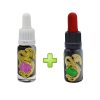
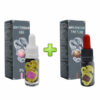
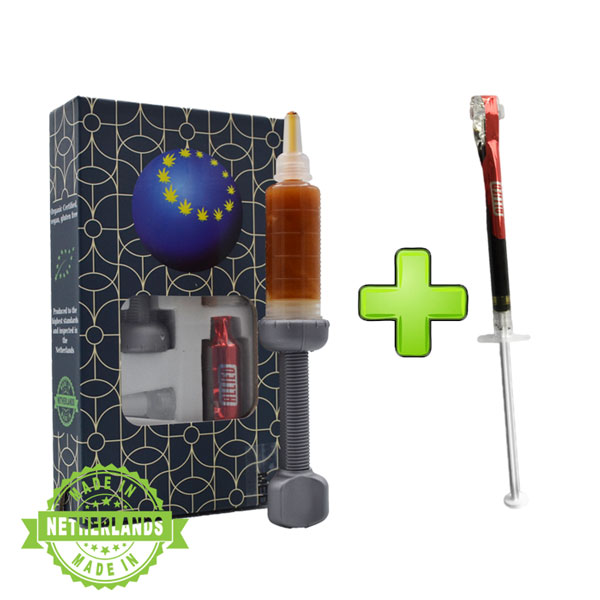
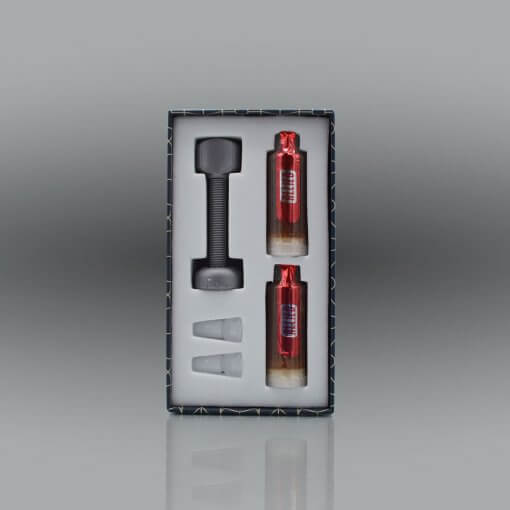
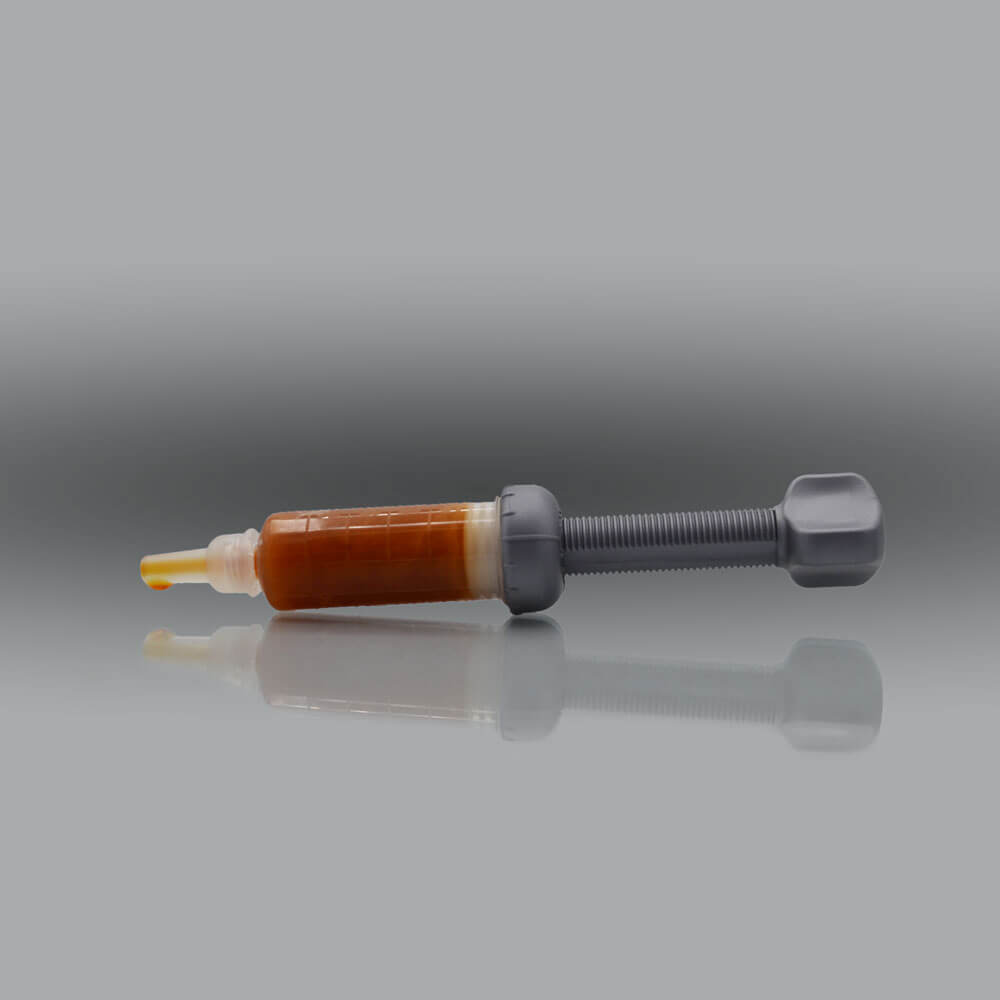
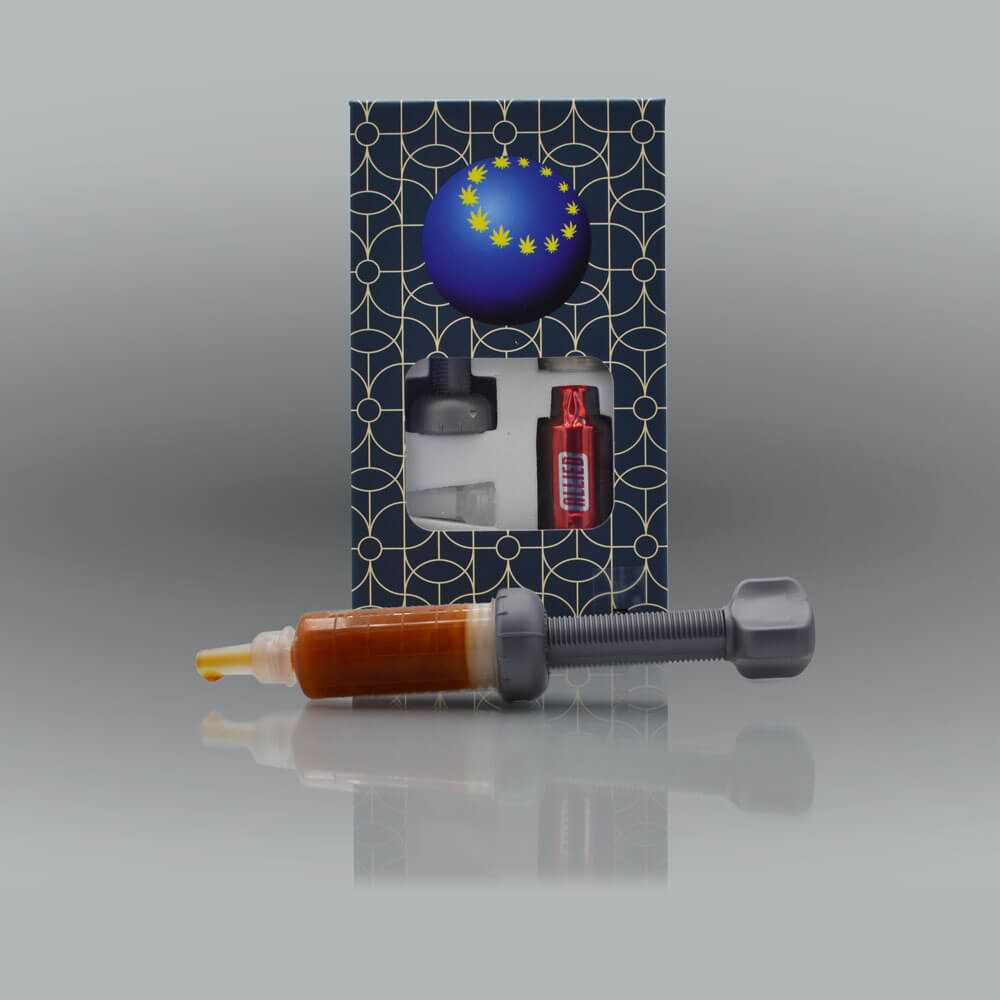
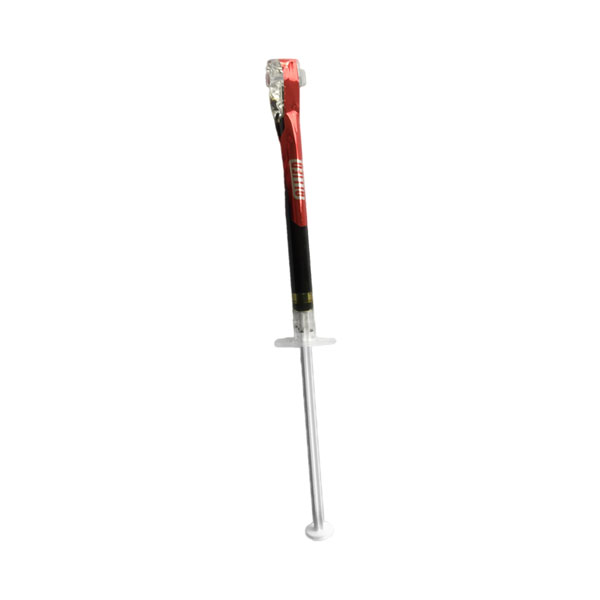
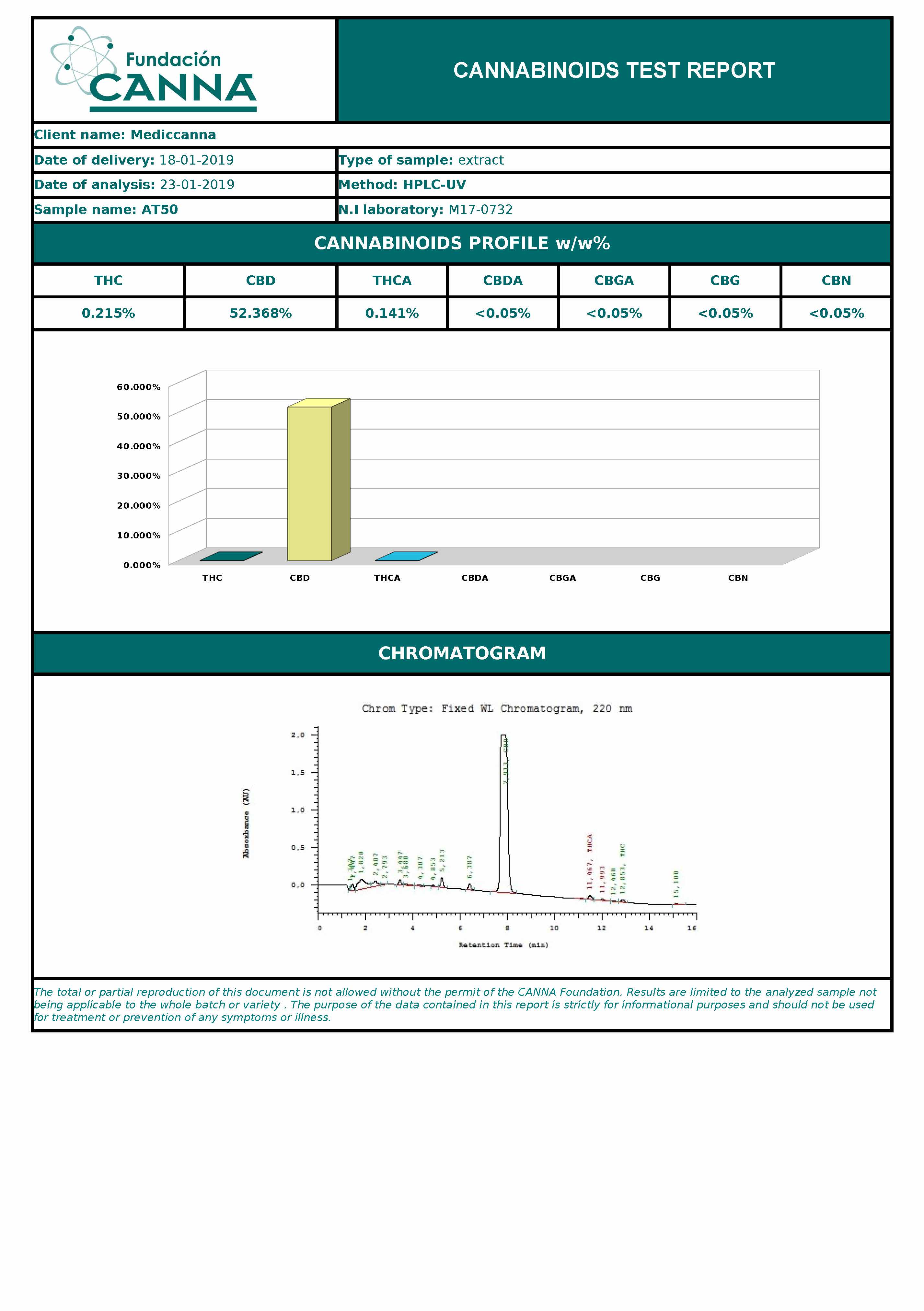
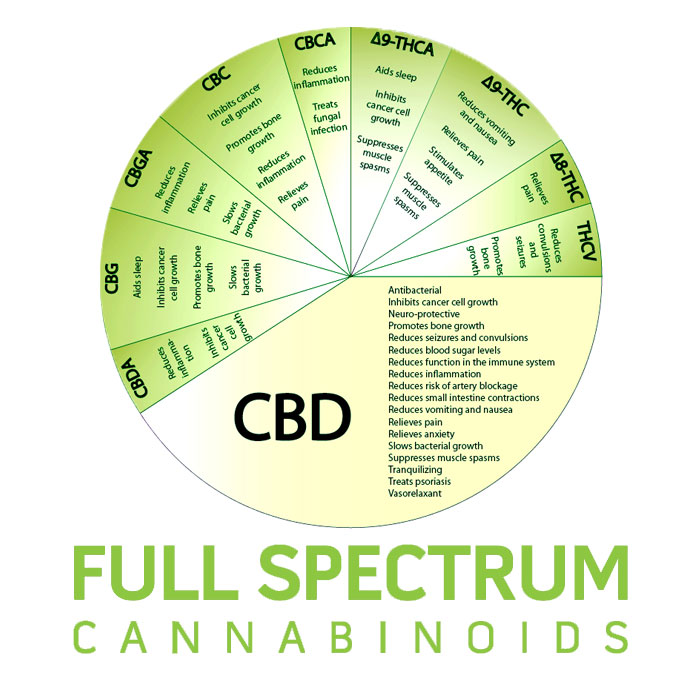

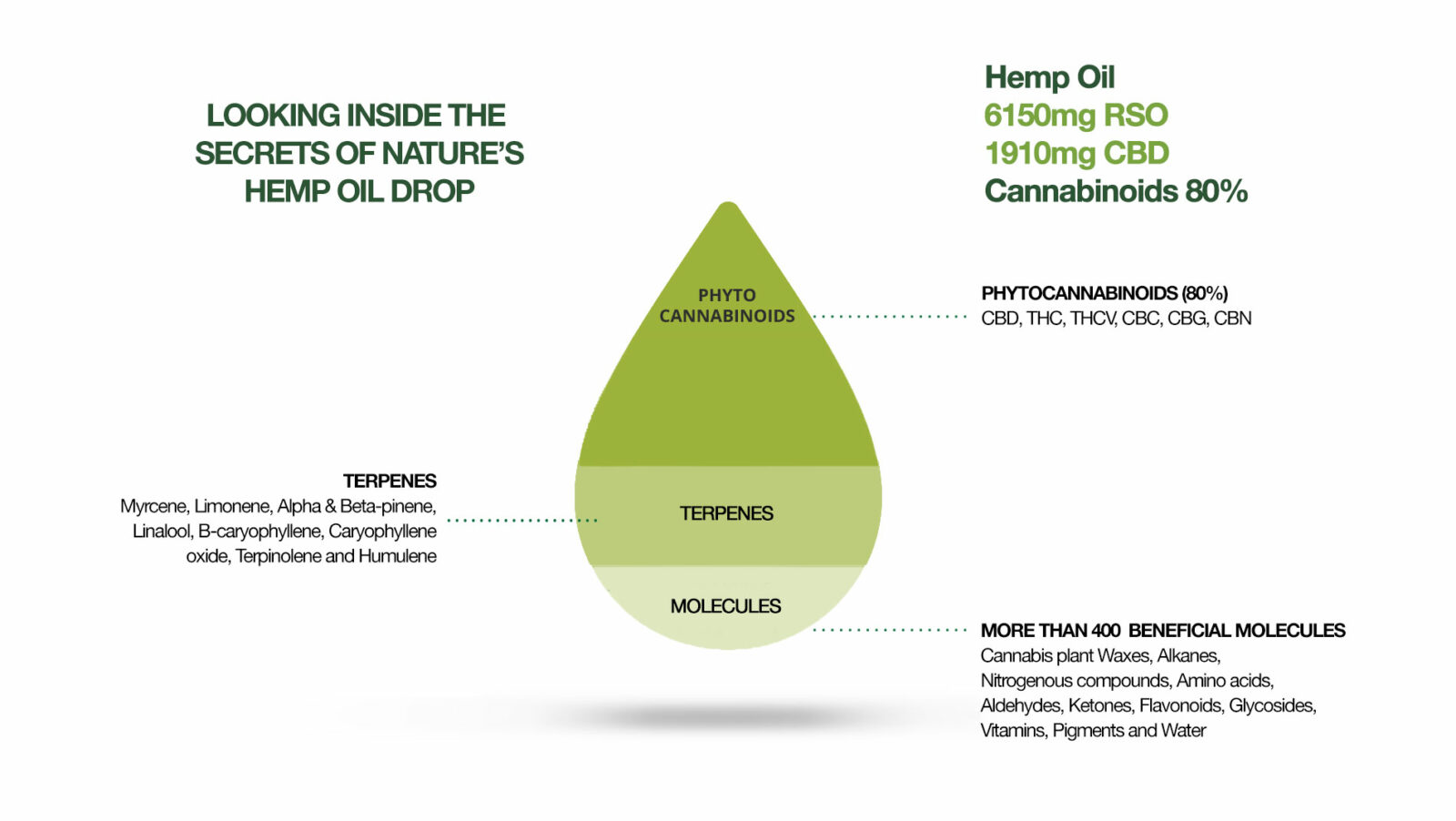
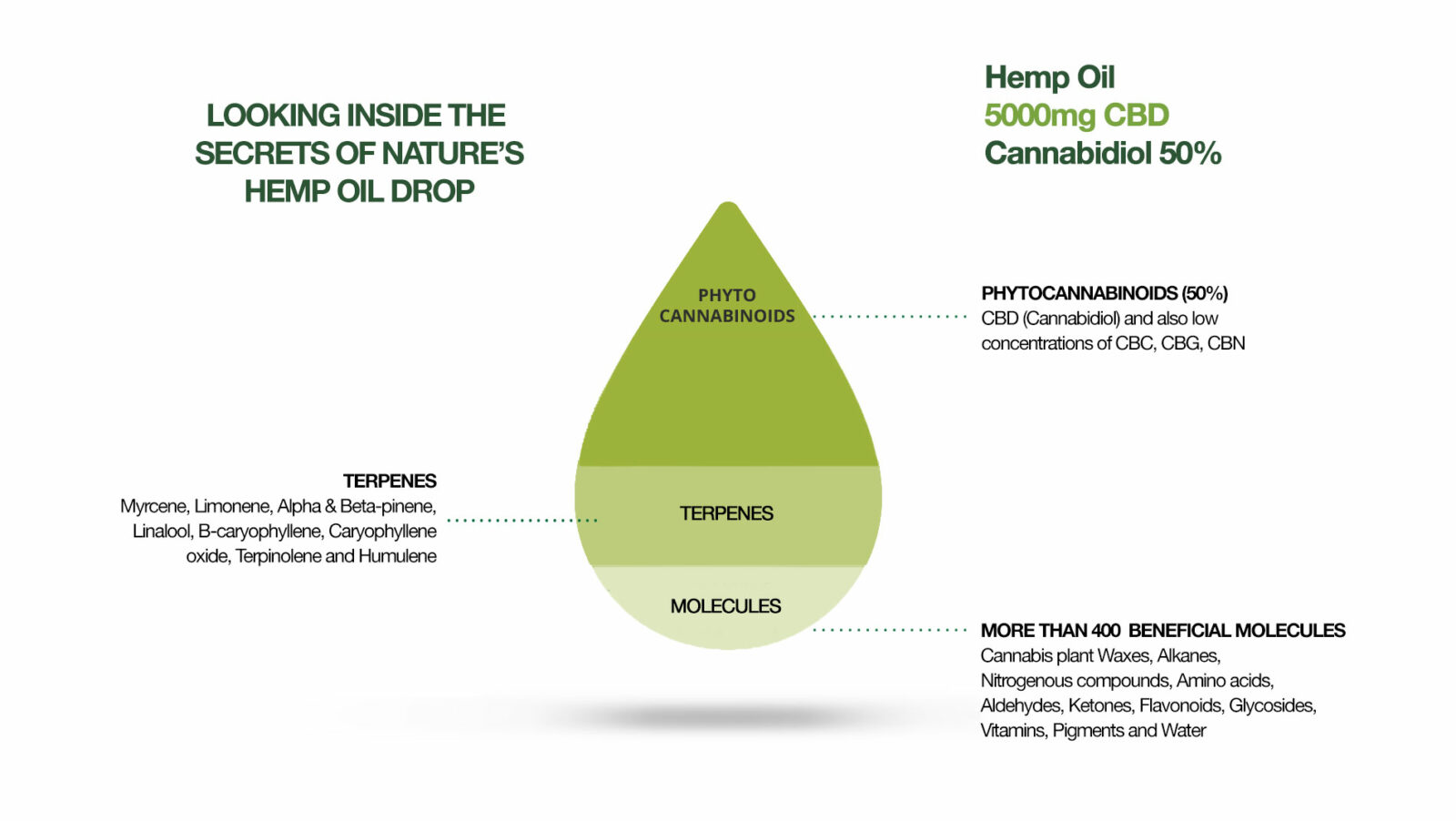
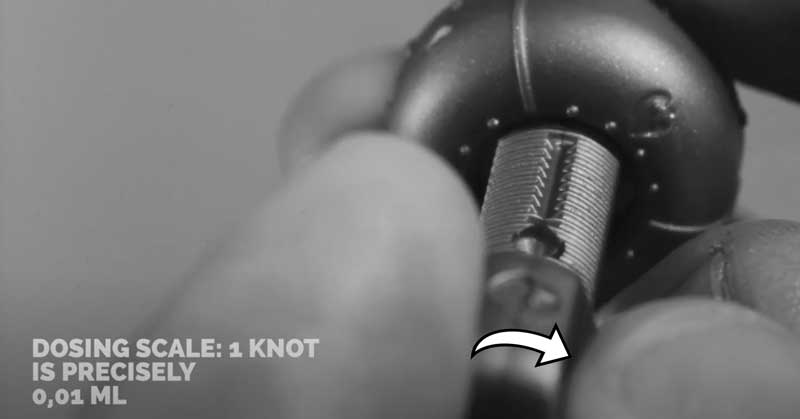
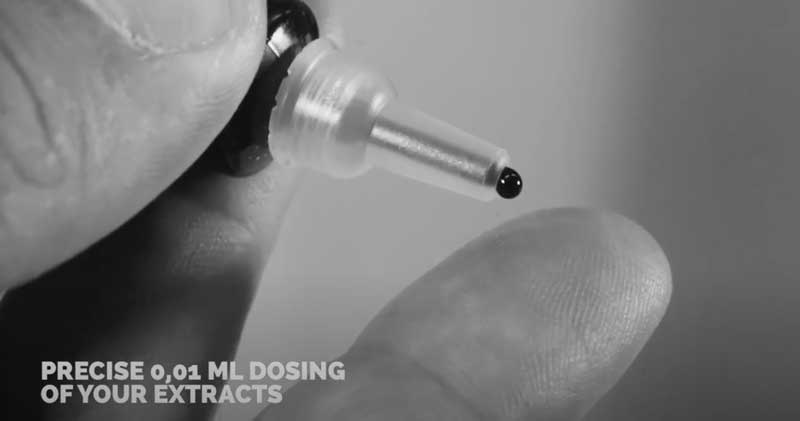
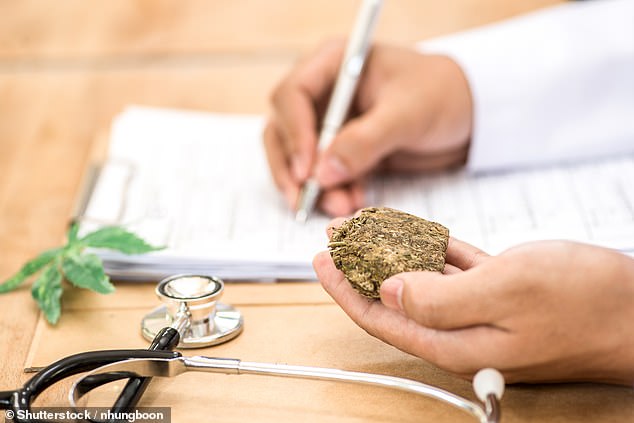
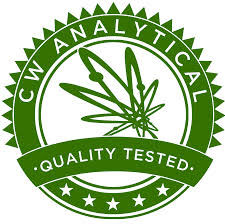
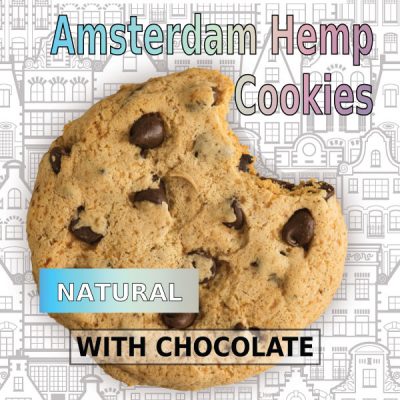
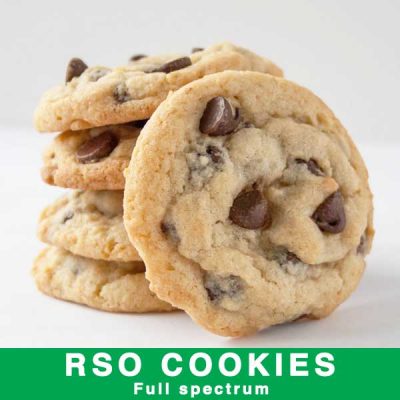
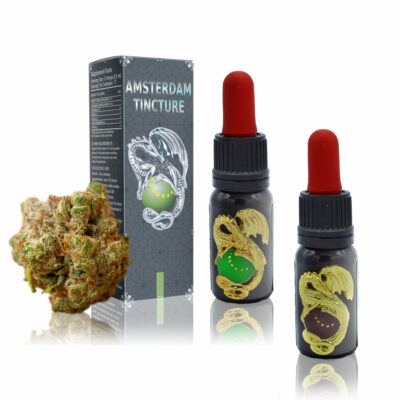
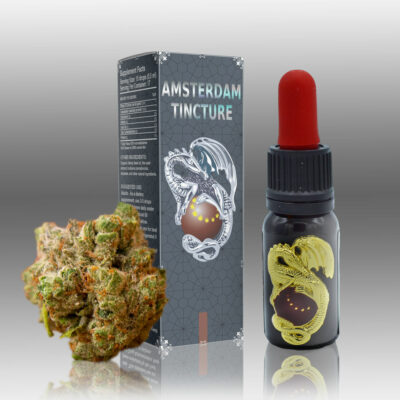
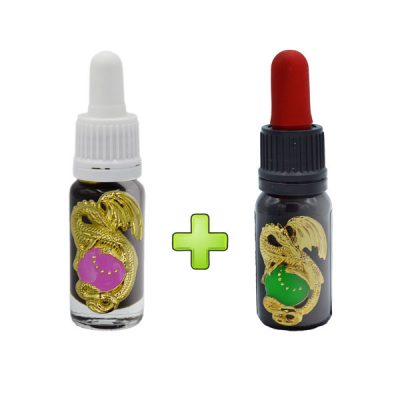
Reviews
There are no reviews yet.